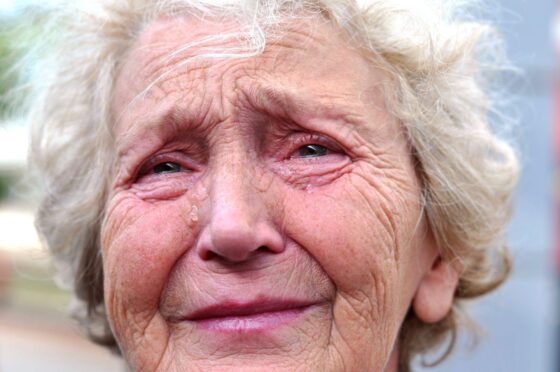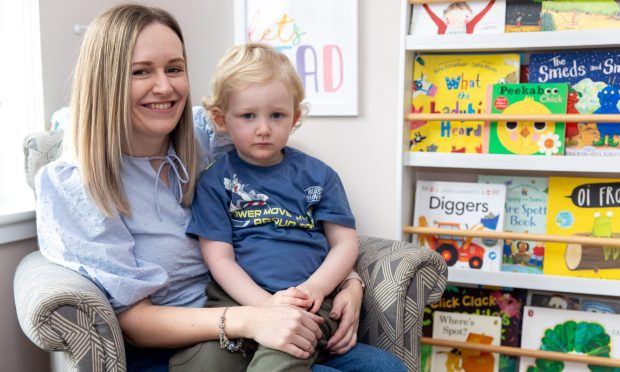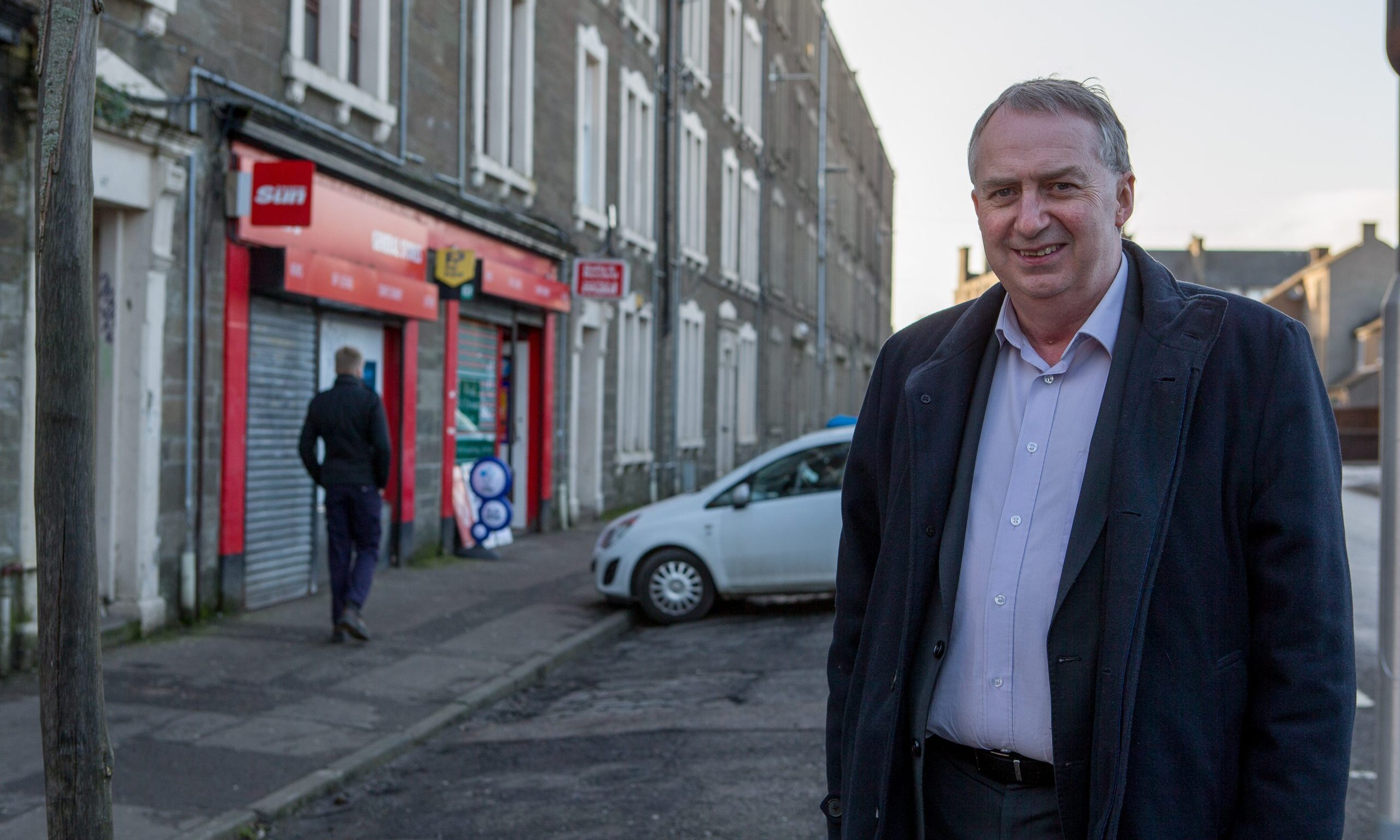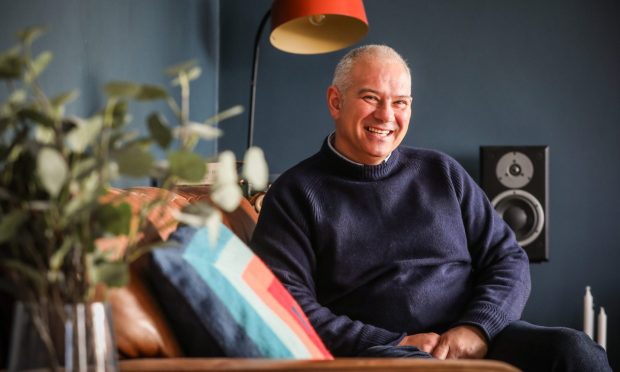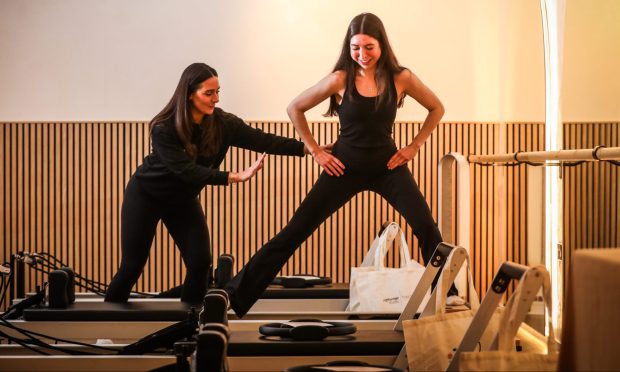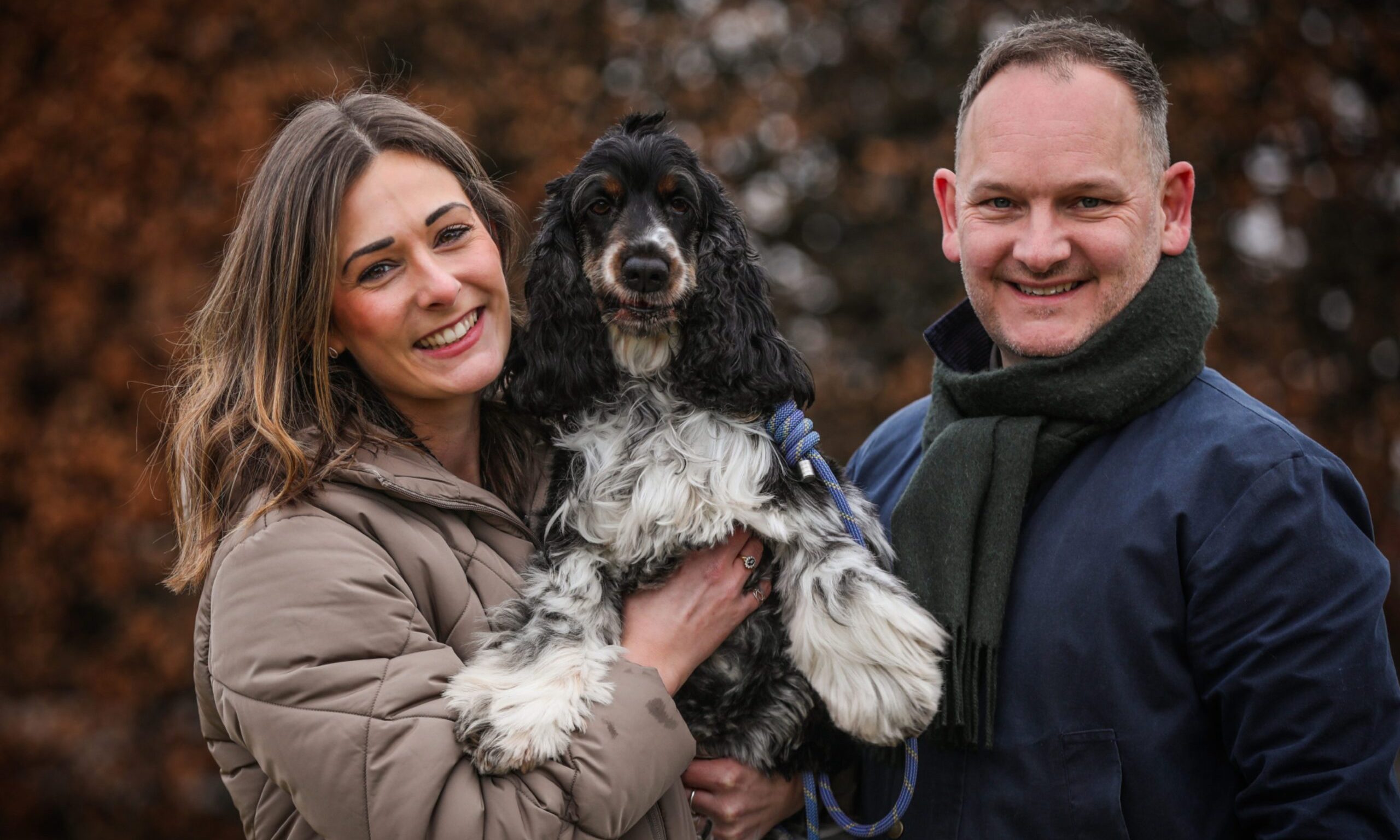As the festive season approaches, you might be socialising more and spending time at the pub or drinking at home with friends or family.
It’s a fun part of the festive social calendar.
But doing it regularly can impact both the quality and amount of sleep you get.
And with the nights becoming longer, getting enough sleep through the winter is crucial to make sure you’re energised and happier through the day.
During the pandemic, research carried out by health experts Delamere has shown increased alcohol consumption, with 22% of Brits drinking more over the last year.
How does alcohol impact your sleep cycle?
Alcohol is commonly used as a sleep aid and will undoubtedly help you drift off, as it causes brain activity to slow down.
This can induce feelings of relaxation and sleepiness.
But drinking in excess can affect the quality of your sleep. It can cause negative effects, from headaches and dehydration to increased need to go to the toilet, or overheating.

When alcohol is consumed, the substance is absorbed into the bloodstream from the stomach.
Enzymes in the liver metabolise the alcohol throughout the night. During this process, the alcohol circulates through the body, causing disruptions and poor sleep quality.
This can leave us feeling exhausted the following day, no matter how long we stay in bed.
What other sleep problems are caused by alcohol?
Aside from causing poor sleep quality, alcohol can influence other sleep problems.
With alcohol in your system, you’re more susceptible to nightmares and vivid dreams.
When your blood alcohol level drops, sleep becomes shorter, and you experience more dream recall and REM sleep.
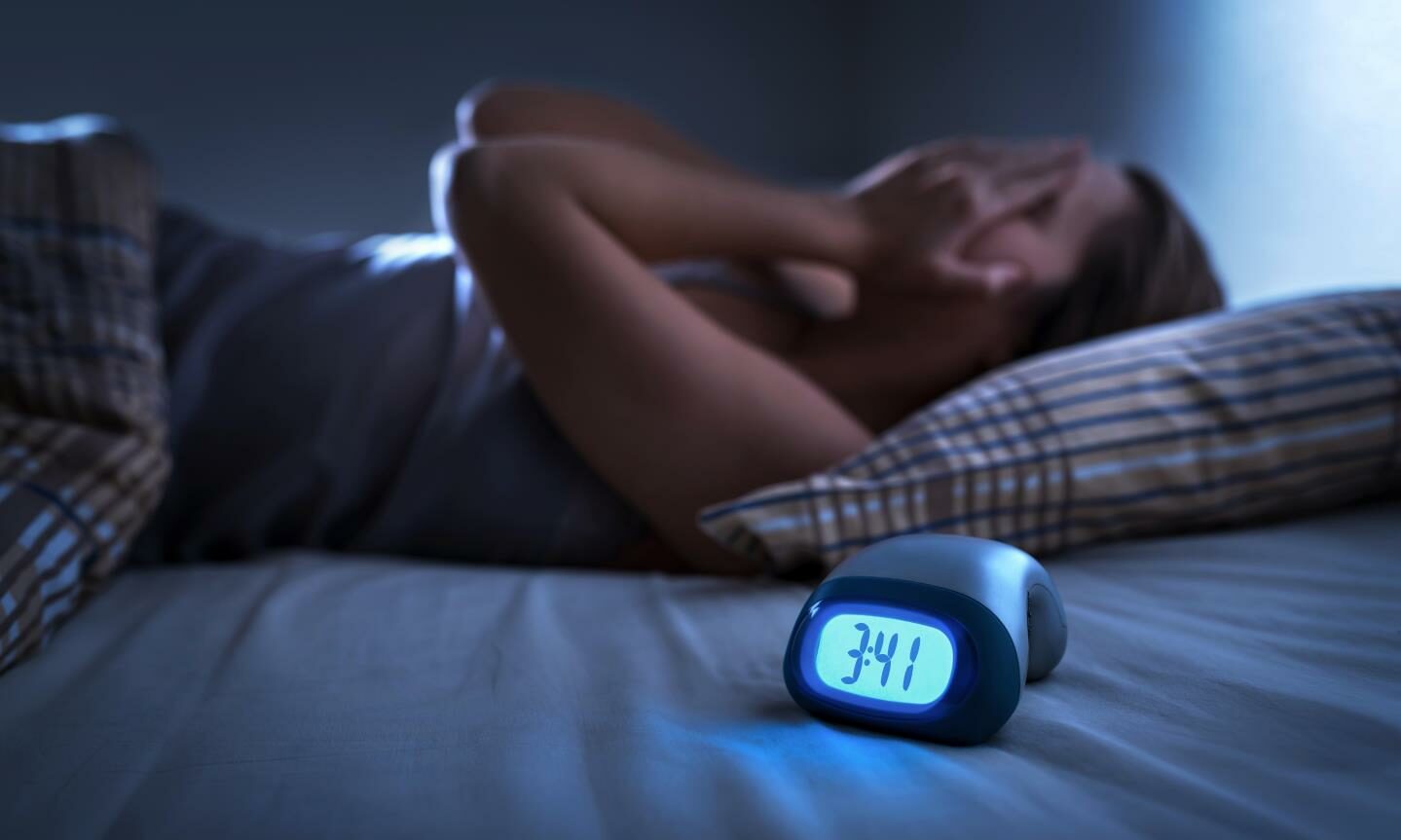
Alcohol also makes sleepwalking more likely, by increasing the quality of slow-wave sleep you experience when in your system.
Furthermore, it can cause irregular breathing known as sleep apnoea, a disorder characterised by abnormal breathing and loss of breath during sleep.
Sleep apnoea is caused by the throat muscles relaxing, which creates more resistance when breathing.
How can you improve your sleep if affected by alcohol?
If you enjoy drinking alcohol, try to avoid it close to bedtime. You need to give your body time to process the alcohol you have consumed before you attempt to sleep.
It takes on average two hours per unit to process alcohol, but this can vary from person to person.
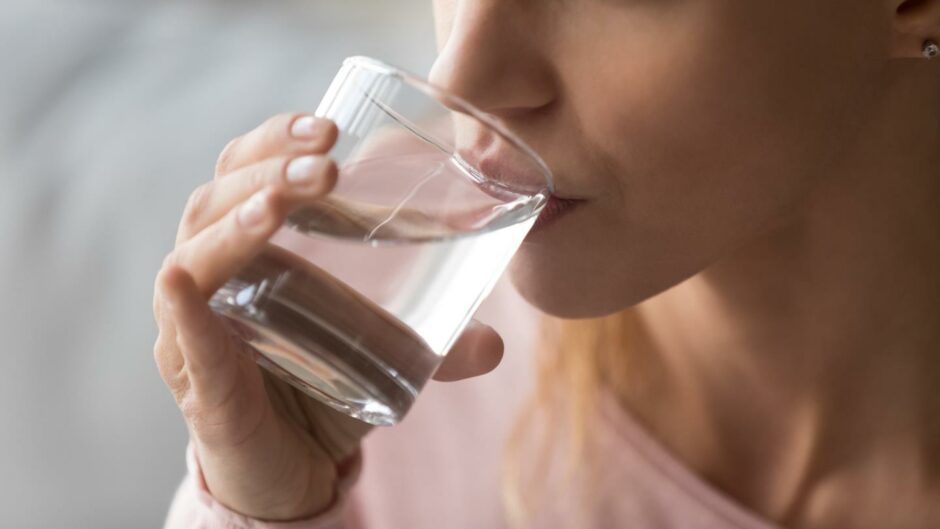
Tips on stopping binge drinking include:
- Alternating alcoholic drinks with soft drinks or water;
- Eating before drinking, as you are less likely to consume vast amounts of alcohol on a full stomach;
- Avoid mixing your alcoholic drinks;
- Sticking to low alcohol beverages;
- Addressing the cause of your alcohol binges, i.e. see the appropriate professional (counsellor, doctor or therapist).

